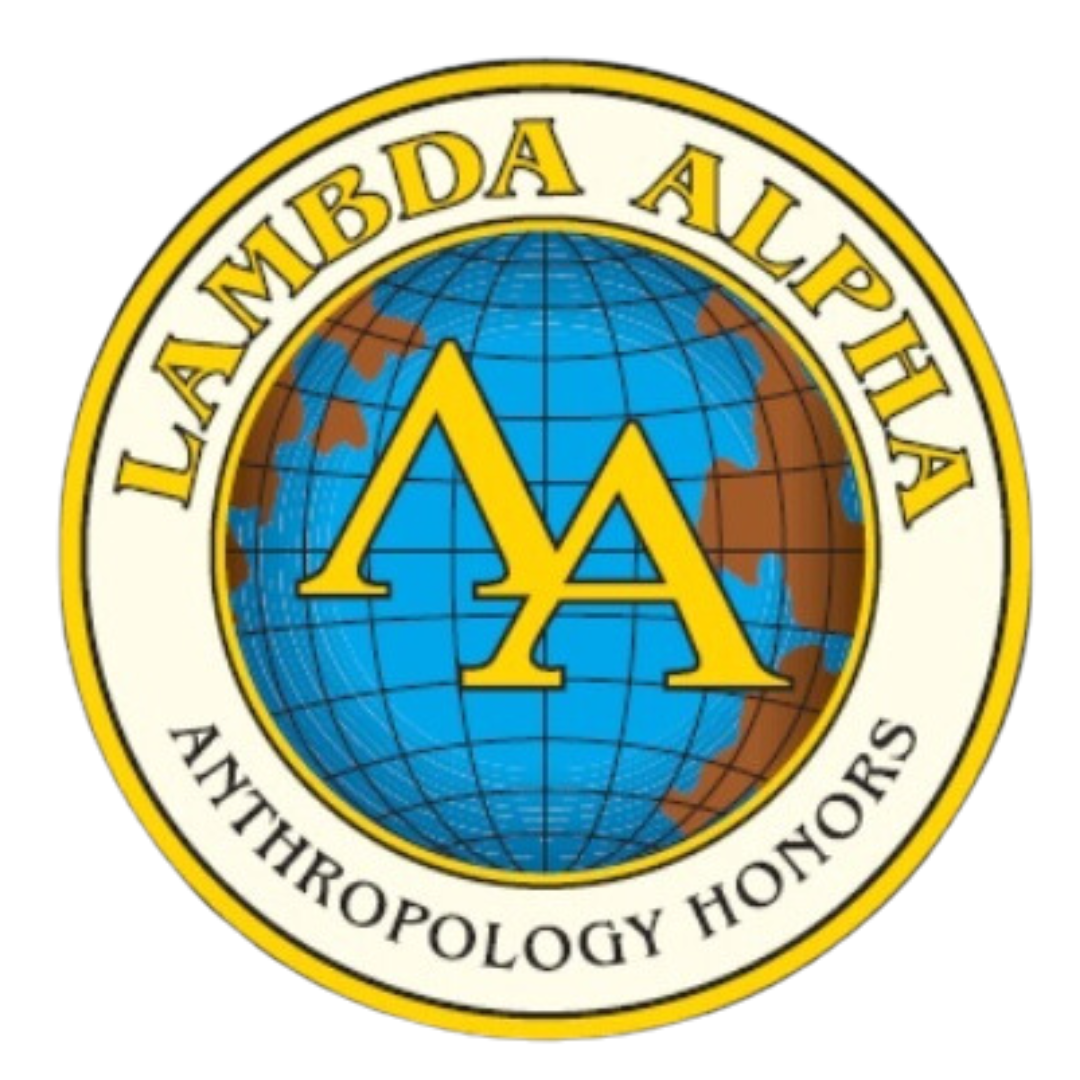Undergraduate Anthropology Students
Learn about the academic programs in anthropology and the opportunities for students.
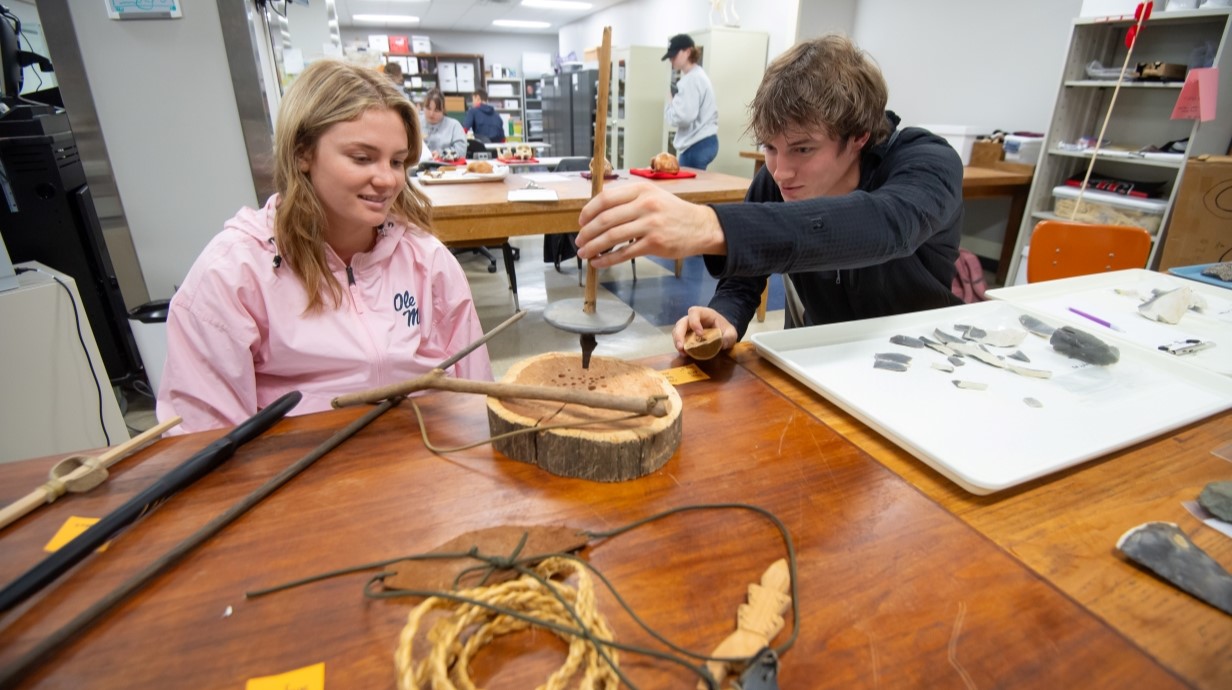
“Anthropology is the science which tells us that people are the same the whole world over – except when they are different.”
Nancy Banks-Smith
British television and radio critic
Study Cultures—Past and Present
As anthropologists, we study how people adapt to their surroundings, develop symbolic and material practices, communicate with one another, and create cultural worlds. We study ancient and contemporary societies to better understand ourselves.
Anthropology is a four-field discipline.
- Archaeologists and paleoanthropologists study prehistory through physical remains.
- Bioanthropologists study where humans came from and how we exist in different environments.
- Cultural anthropologists study different aspects of contemporary societies, such as nationalism, ethnicity, class, gender, migration, health, well-being, natural resource use, conflict, and power.
- Linguistic anthropologists study language in its social context.
Anthropology majors are curious about cultures and learn skills in observation, analysis, research, critical thinking, writing, and working with people from all cultures.
Welcome to the Anthropology Program
Anthropology is an academic field focused on the comparative study of human culture across time and space. We offer courses in the four subfields of anthropology, including cultural and linguistic anthropology, archaeology, and bioanthropology. Students can explore the origins of humanity, the migration of our species around the planet, the emergence and impacts of agriculture, the formation of states and empires, the material culture of our ancestors, and contemporary global society, brimming with cultural and linguistic diversity. Our faculty are experts on different regions of the world, with program concentrations on North America, East Asia, Europe, Latin America, the Middle East and North Africa.
Marcos Mendoza
Associate Professor of Anthropology and Associate Chair
-

Academic Advising
Freshman anthropology majors are advised in the Center for Student Success and First-Year Experience located in Martindale-Cole Hall. From sophomore year until graduation, they are advised by faculty in the Department of Sociology & Anthropology. They are also supported by CLA Student Services.
CLA Student Services -

Accelerated Law (3+3)
In a partnership with the UM School of Law, students admitted to the Accelerated Law Program may earn baccalaureate and law degrees in 6 years instead of 7 by using first year law school courses to complete their undergraduate degree. They start law school during their senior year.
Accelerated Law (3+3) -

Health Professions Advising Office
Many anthropology students pursue a health profession. Learn about the support and activities of a nationally recognized Health Professions Advising Office on our campus.
Health Professions Advising Office -

Careers and Alumni
Discover the wide range of possible career options for anthropology graduates.
Anthropology Graduates
Meet an Anthropology Major
Lambda Alpha
Lambda Alpha National Collegiate Honors Society for Anthropology recognizes students who have majored or minored in anthropology and earned outstanding academic achievements.
The purpose of the society is to encourage and stimulate scholarship and research in Anthropology by recognizing and honoring superior achievement in the discipline among students, faculty and other persons engaged in the study of Anthropology. Seniors are eligible to be nominated for a $5000 student award and graduate students are eligible for Graduate Research Grants designed to encourage overseas thesis research. The award is variable, ranging from $2000-$6000.
The Gamma chapter of Mississippi was started at the University of Mississippi in 2003, and reactivated in Spring 2017. Dr. Matthew Murray serves as the advisor.
Requirements:
- Undergraduates must be currently enrolled and have completed not less than twelve (12) semester hours or the equivalent in academic Anthropology. Undergraduates must have an average grade in these courses of not less than “B” or 3.0 and a cumulative grade point average of not less than 2.5.
- Graduate students must be in good departmental standing with a 3.25 cumulative quality point average.
- In those institutions with a joint Sociology/Anthropology department, Sociology courses not to exceed six (6) semester hours may be included for membership qualifications.
Membership is $25 and members receive a certificate and a copy of the official Lambda Alpha journal Journal of Man. Members can also order honors graduation stoles and/or cloisonné pins for their graduation gowns.
Beyond the Classroom
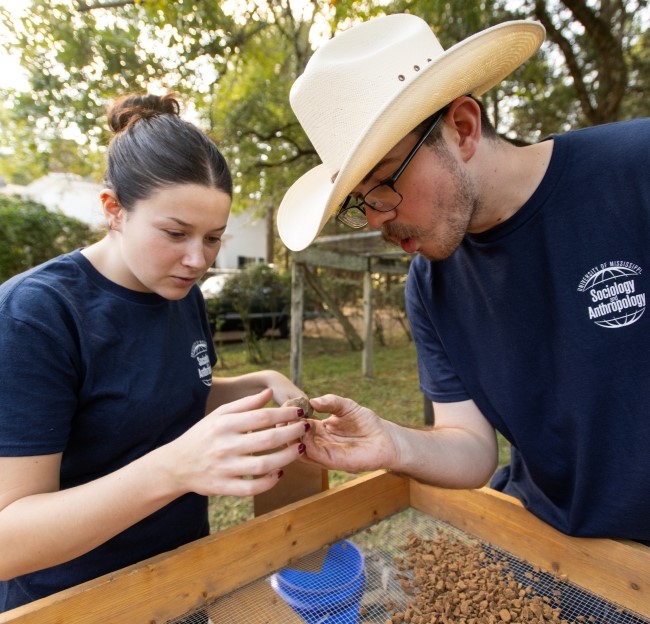
Anthropology Club
Interested students are invited to join the Anthropology Club for archaeology field experiences, workshops, fun activities, and games.
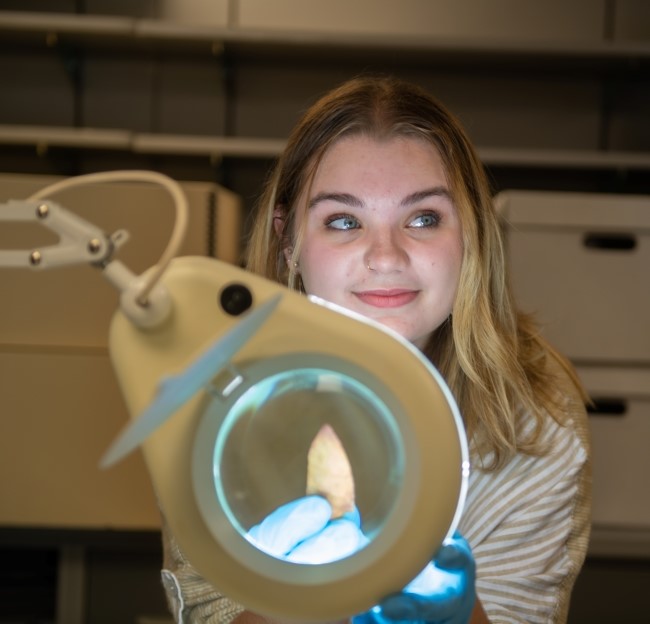
Research
Students are encouraged to participate in different kinds of anthropological research. Please read the research profiles of the faculty and contact them directly for information about current opportunities. Students are also encouraged to communicate with Dr. Jesse Tune, director of the Center for Archaeological Research, which provides various opportunities for hands-on learning experiences.

Travel Courses
Students earn credit for general education, major, or minor requirements studying abroad for as few as two weeks or as long as an academic year. Even better, travel with a CLA professor during a 2-week term. Other opportunities for faculty-led travel courses are through Study USA. Generous donors help many CLA students participate.
The Department of Sociology and Anthropology offers a Study USA course on the Anthropology of the Blues that travels through the Mississippi Delta.
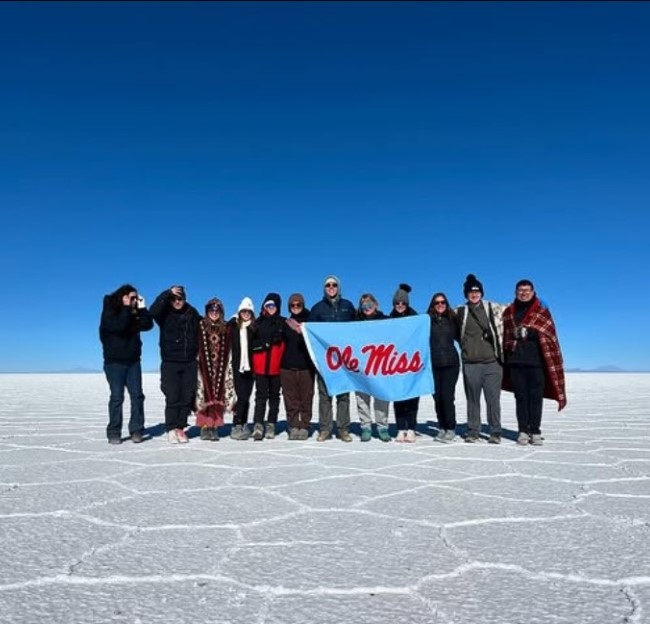
Summer Field School: Experiential Learning in Bolivia
This is an experiential, collaborative field school headquartered in La Paz, Bolivia, in partnership with the Universidad Mayor de San Andrés and the Universidad Católica Boliviana. Politics, Social Movements, and Cultures of the Andes is the latest iteration in the Bolivia Field School that ran for five seasons.


